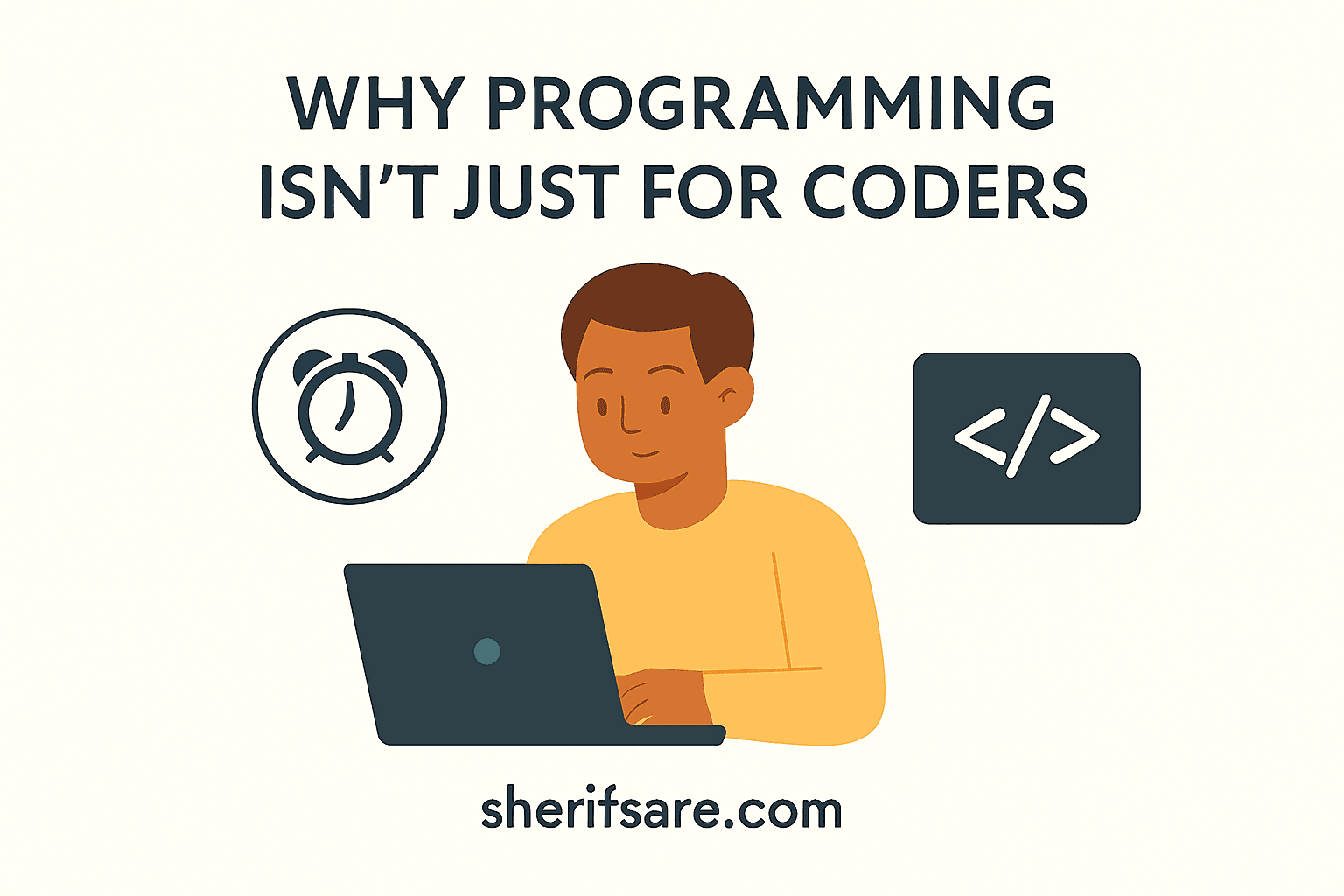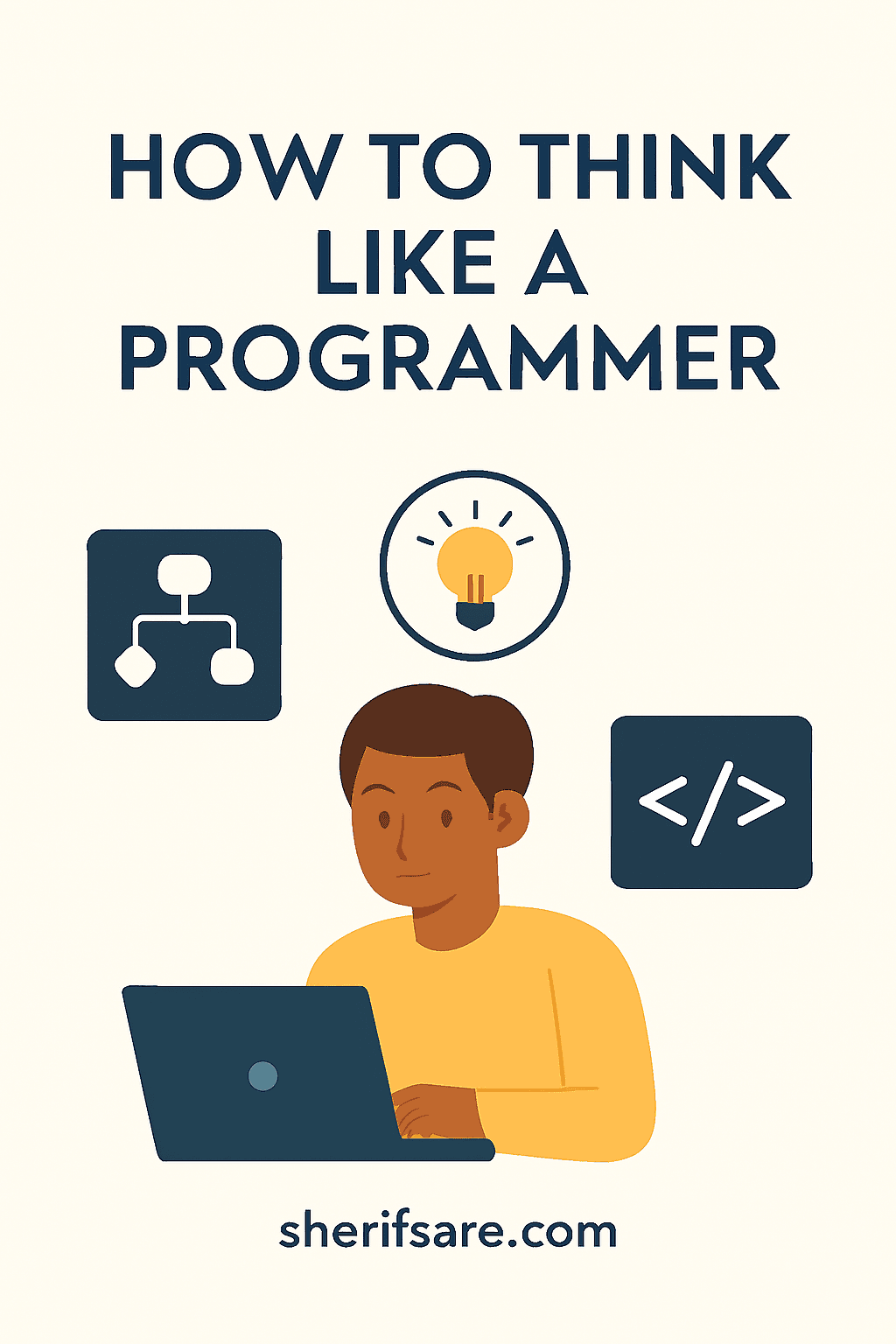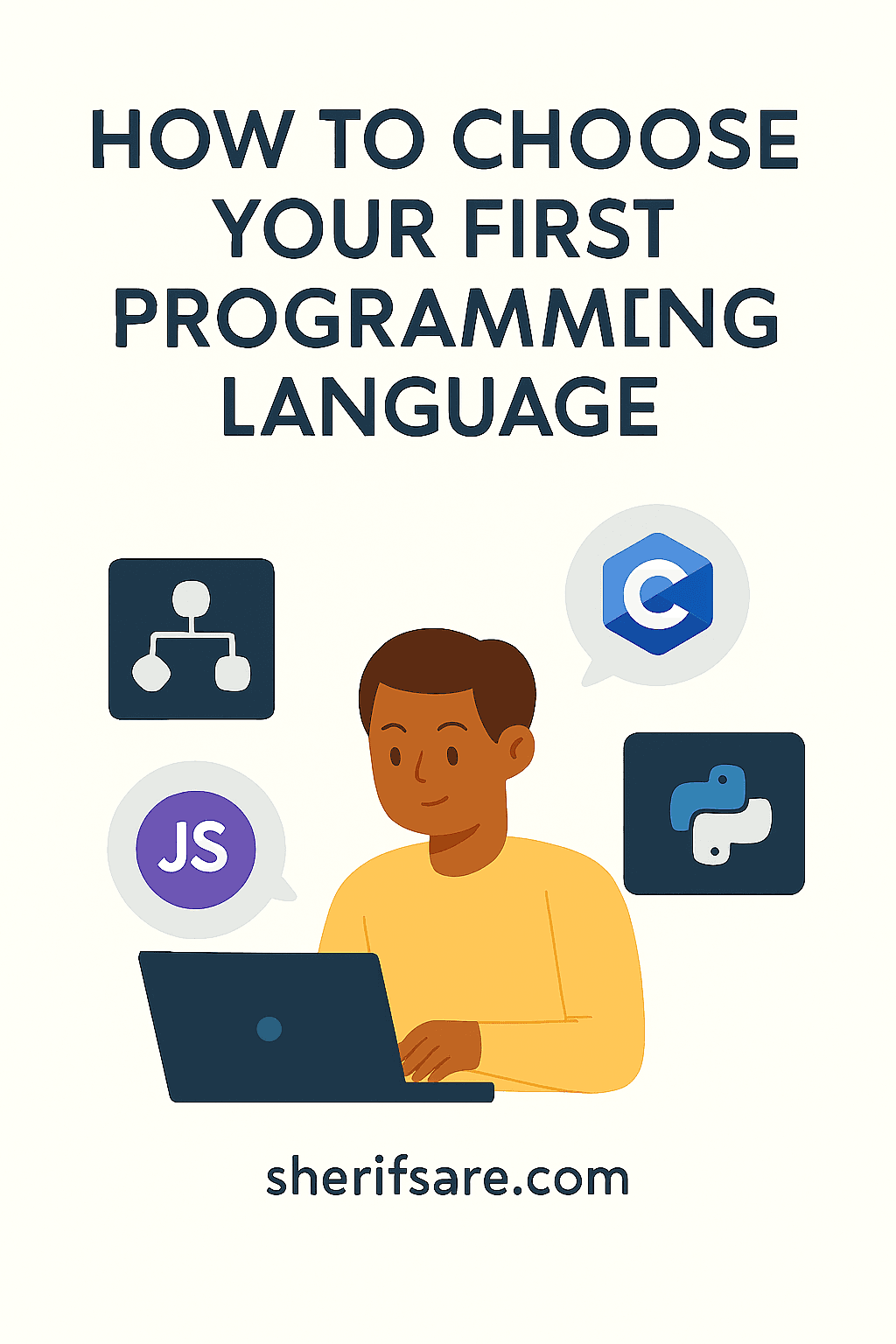Welcome to the first post in our Programming Essentials series! Whether you’re a student, freelancer, business owner, entrepreneur, geoscientist, content creator, or simply curious about how things work behind the screen, programming is no longer a niche skill; it is a universal tool for solving problems, automating tasks, and building ideas into reality.
What Is Programming, Really?
Programming is the process of writing instructions that a computer can understand and execute. These instructions are written in languages like Python, JavaScript, or C++, each with its own style and purpose. But at its core, programming is about logic, creativity, and problem-solving.
Think of it like writing a recipe. You tell the computer what ingredients (data) to use, how to mix them (functions), and what outcome you want (output). Programming works the same way; except your “kitchen” is a computer, and your “dish” could be anything from a website to a smart home routine. The beauty? You can automate that recipe to run a thousand times without lifting a finger.
Why It Matters for Everyone
You don’t need to be a software engineer to benefit from programming. It’s a skill that helps you:
- Automate repetitive tasks
- Understand how digital tools work
- Build your own websites, apps, or tools
- Think logically and solve problems creatively
From organizing your life to launching a side project, programming gives you superpowers in the digital age.
What You’ll Learn in This Series
Over the coming weeks, we’ll explore:
- The mindset of a programmer (even if you’ve never coded before)
- How to choose your first programming language
- Real-world examples from everyday life
- Micro-lessons with visuals, analogies, and pop culture tie-ins
Whether you’re curious or committed, this series will help you speak the language of the digital world.




Pingback: Think Like a Programmer Even If You’ve Never Written A Code